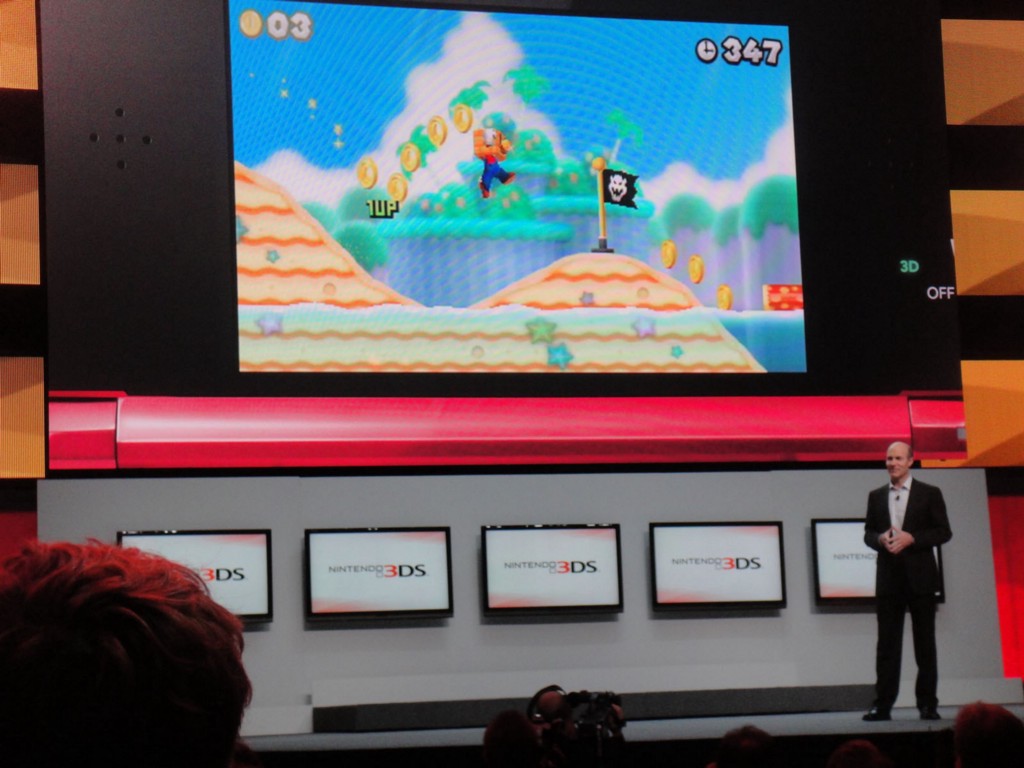Another Look at Time vs. Money
We’re never going to get that balance right, are we.

On Monday, we looked at whether choosing time over money made you a happier person:
A Time vs. Money Question of the Day
Still, the NYT surveyed 4,000 people and found that the majority of people would choose money over time — although they also asked those 4,000 people to report how happy they were, and the happiest people consistently chose time over money.
Today, I want to look at The Atlantic’s take on the time vs. money equation:
Why Do So Many Rich People Work So Much?
Here is the conundrum: Writers and economists from half a century ago and longer anticipated that the future would buy more leisure time for wealthy workers in America. Instead, it just bought them more work. Meanwhile, overall leisure has increased, but it’s the less-skilled poor who are soaking up all the free time, even though they would have the most to gain from working. Why?
I’m not sure I agree with this thesis at all. People with less income often work multiple jobs, people with less income often use more time-consuming methods of getting to work, there are all kinds of time traps for the poor, etc. As President Obama once put it: “People don’t like being poor. It’s time-consuming.”
Obama Gets Personal on Poverty: ‘It’s Hard Being Poor’
However, the point The Atlantic is making is that a particular subset of low-income people do in fact have more free time, and they’re using it to play video games, and the time vs. money tradeoff is making them happier:
So, what are are these young, non-working men doing with their time? Three quarters of their additional leisure time is spent with video games, Hurst’s research has shown. And these young men are happy — or, at least, they self-report higher satisfaction than this age group used to, even when its employment rate was 10 percentage points higher.
Which, I mean, of course. Video games are often more interesting than low-wage jobs. (They’re often more interesting than any job, for psychological and behavioral reasons we don’t need to recap here.)
The Atlantic worries that these young men may be unhappier, someday, because they’ve chosen video games now instead of trying to earn more money. It’s a weird “why aren’t you pulling yourself up by your bootstraps” concern, which is understandable given our collective fear of not having enough money for the future, but it also… well, I really believe that most of us are doing the best we can with what we have.
Then The Atlantic worries about the rest of us, the ones who are pouring every bit of energy into leveling up at our jobs. (The Atlantic does not make the direct comparison between trying to get achievements in the workplace and trying to get achievements in a video game, so I will. We humans love our achievements.)
The article ends with a video about a company that might be hitting that perfect balance: Treehouse, in Portland, which was once known for its 32-hour workweek.
What is left unsaid is that Treehouse no longer offers that benefit:
Coding Startup Treehouse Trims Staff to ‘Cross the Chasm to Profitability’ (EdSurge News)
Also going away are the company’s enviable working hours. [Founder and CEO Ryan Carson] says he’s rolling back the company’s 32-hour work week, where he and his employees took Fridays off.
“I’ve really tried to engineer a sustainable life,” he told The Washington Post in a story about Treehouse’ work schedule. Unfortunately, it seems the company struggled to sustain itself on those hours.
I don’t have a conclusion for this, because if any of us had a real solution to the time vs. money equation we would be shouting it off the rooftops before winning our Nobel Prize (and then donating the money to charity because we already had all the time and money we needed).
Until then, we’ll all have to continue doing the best we can with what we have.
Support The Billfold
The Billfold continues to exist thanks to support from our readers. Help us continue to do our work by making a monthly pledge on Patreon or a one-time-only contribution through PayPal.
Comments